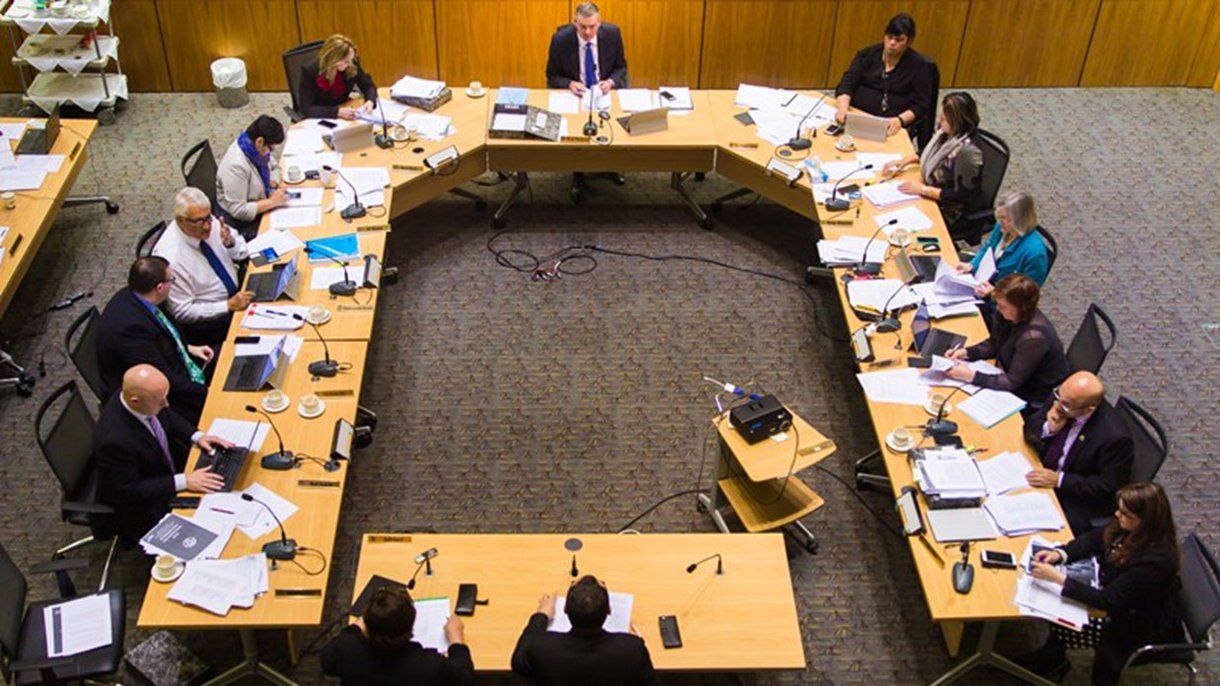
The membership of Parliament’s Select Committee was released recently: 12 subject-focused committees and six specialist committees. The number of members on a committee varies, with parties broadly represented in proportion to membership in the House.
So why do we think this is of importance to business and NGOs? Simply, Select Committees are the workhorse of Parliament. Select Committees consider Bills, petitions, financial reviews of Crown agencies and ministries which highlight Government priorities and decisions, and they proactively seek viewpoints on topical areas. Their important role can be overlooked.
Bills are put into Parliament for their “first reading” and then generally referred to the appropriate Select Committee. It’s a truism that it would be better if your viewpoint was already incorporated at the point the responsible Minister presents the Bill to Parliament, but if you weren’t listened to or have not yet engaged, then now is the time.
While the Government has a majority on the key committees, all parties are represented on each committee. The point is that the committee hearings are the place where the issues are debated, submissions considered, and amendments made before the Bill is returned to Parliament for the “second reading”.
Our viewpoint is that organisations need to identify subject areas that are important to them (and therefore to society) and have an engagement programme that involves the members of the relevant Select Committee, not just of Government members. If you are not part of the discussion where your interests are at stake, you have no good reason to feel dissatisfied and maybe democracy is worse off because of it.
In our November post-election analysis, we signaled that the Government would move quickly on the Holidays (Increasing Sick Leave) Amendment Bill. This is now before the Education and Workforce Committee, chaired by Labour List member, Marja Lubeck. Submissions are due by 28 January 2021. This Bill proposes to increase the number of employer-funded sick leave days per employee. The minimum entitlement increases from 5 days to 10 per year.
The first reading was rushed through under urgency – the Government thereby signaling its importance to them, but have now referred it to the Select Committee, thereby signaling that it wants to provide for consultation. They did not have to do this, given the majority it holds but remember they now want to secure the middle ground of their new voter base.
So, does this Bill have significant implications for you – for or against? To participate builds your reputation as a responsible corporate citizen and will enable you to more easily engage on other topics that may be more difficult to discuss. Industry association submissions are important for this Government, but the Select Committee knows that an individual organisation submission is generally where “the rubber hits the road”.
The process for presenting your point of view is to make a submission. In addition to that, you can ask for the opportunity to appear before the committee to present your case, and it is possible to brief committee members beforehand to ensure a meaningful discussion.
Our Government Relations team watch the process of legislation through Parliament closely. For clients we develop the strategy for engagement, support them with the preparation of submissions, and when they present to a Select Committee. We generally do this in the context of a wider engagement programme. Here are Bills that are currently before Select Committees that are open to submission. https://www.parliament.nz/en/pb/sc/make-a-submission/
On behalf of the team at Acumen, Merry Christmas to you and your family.